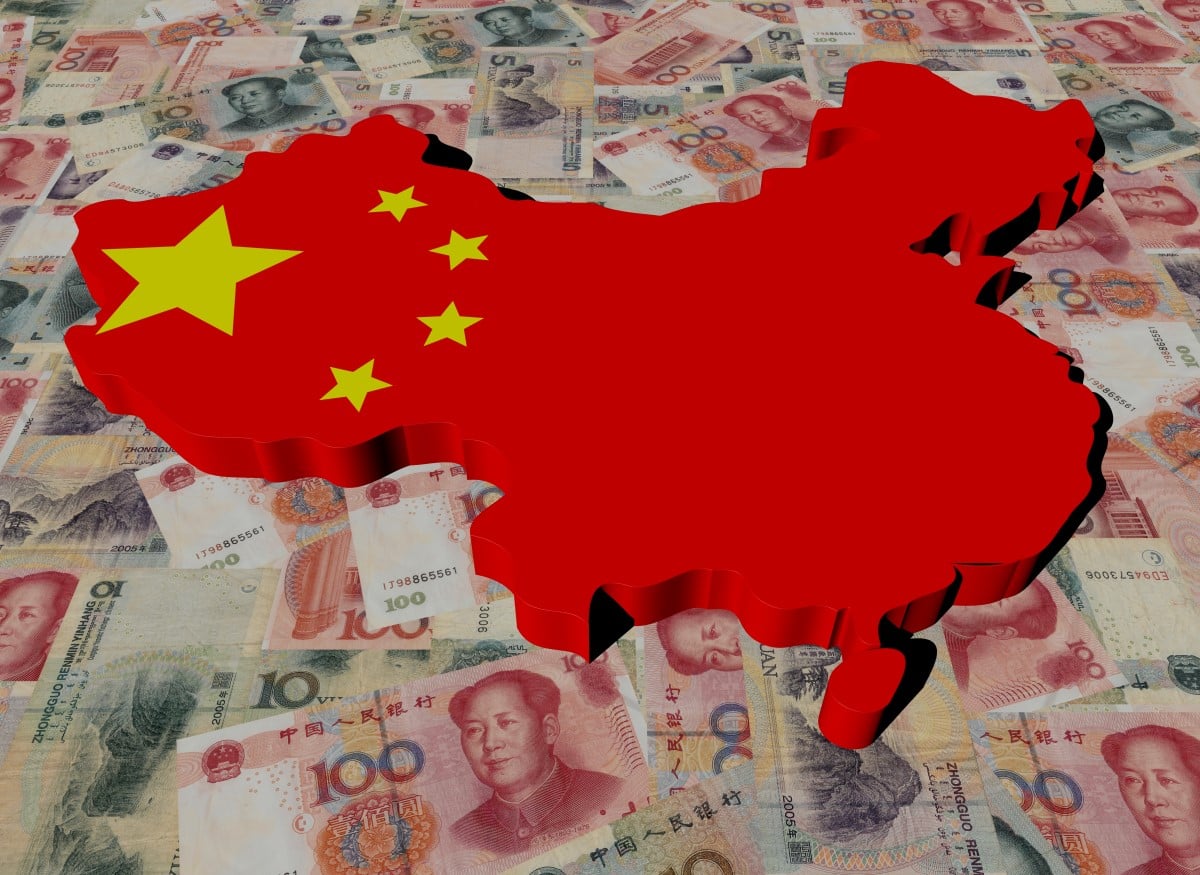
- Chinese stocks hit a five-year low earlier this year amid growing concerns about growth.
- The specter of deflation deepens, drawing parallels with the financial turmoil of 2015.
- Analysts highlight the inefficiency of current investment strategies, indicating a pressing need for a policy review.
As China approaches its most critical parliamentary meeting in nearly a decade, it faces significant economic challenges. The year began with a serious slowdown, with Chinese stocks hitting their lowest level in five years and deflationary pressures at levels not seen since the global financial crisis. This economic instability reminds us of the chaos of 2015, which prompted the authorities to act. However, the prospect of further monetary easing now threatens to trigger a crisis in yuan assets and worsen deflationary trends.
2024 targets at risk amid investment concerns
Premier Li Qiang will present his annual work report at the NPC, setting economic goals for 2024. These include aiming for steady growth of around 5% and keeping the budget deficit within 3% of GDP. However, these ambitious targets may undermine confidence rather than improve it without a strategic shift from heavy investment in infrastructure and manufacturing toward increasing household incomes. Investment efficiency in China's economy has declined significantly, and Fathom Consulting noted a sharp decline in output per unit of investment over the past two decades.
China's hesitance to reforms jeopardizes growth
China's economic challenge arises from a reluctance to implement structural reforms. Economists and investors have long recommended these reforms. President Xi initially recognized the need to rebalance. However, meaningful measures have been limited. Debt levels have risen faster than economic growth. Analysts suggest a preference for social stability and national security over sustainable growth. There is concern about the potential disruption that could arise from the empowerment of consumers and the private sector. This could challenge government control. The balance of these priorities underscores the critical decisions Chinese leaders must make. They must navigate the complexities of economic policy.
!function(f,b,e,v,n,t,s){if(f.fbq)return;n=f.fbq=function(){n.callMethod?n.callMethod.apply(n,arguments):n.queue.push(arguments)};if(!f._fbq)f._fbq=n;n.push=n;n.loaded=!0;n.version=’2.0′;n.queue=();t=b.createElement(e);t.async=!0;t.src=v;s=b.getElementsByTagName(e)(0);s.parentNode.insertBefore(t,s)}(window,document,’script’,’https://connect.facebook.net/en_US/fbevents.js’);fbq(‘init’,’504526293689977′);fbq(‘track’,’PageView’)






